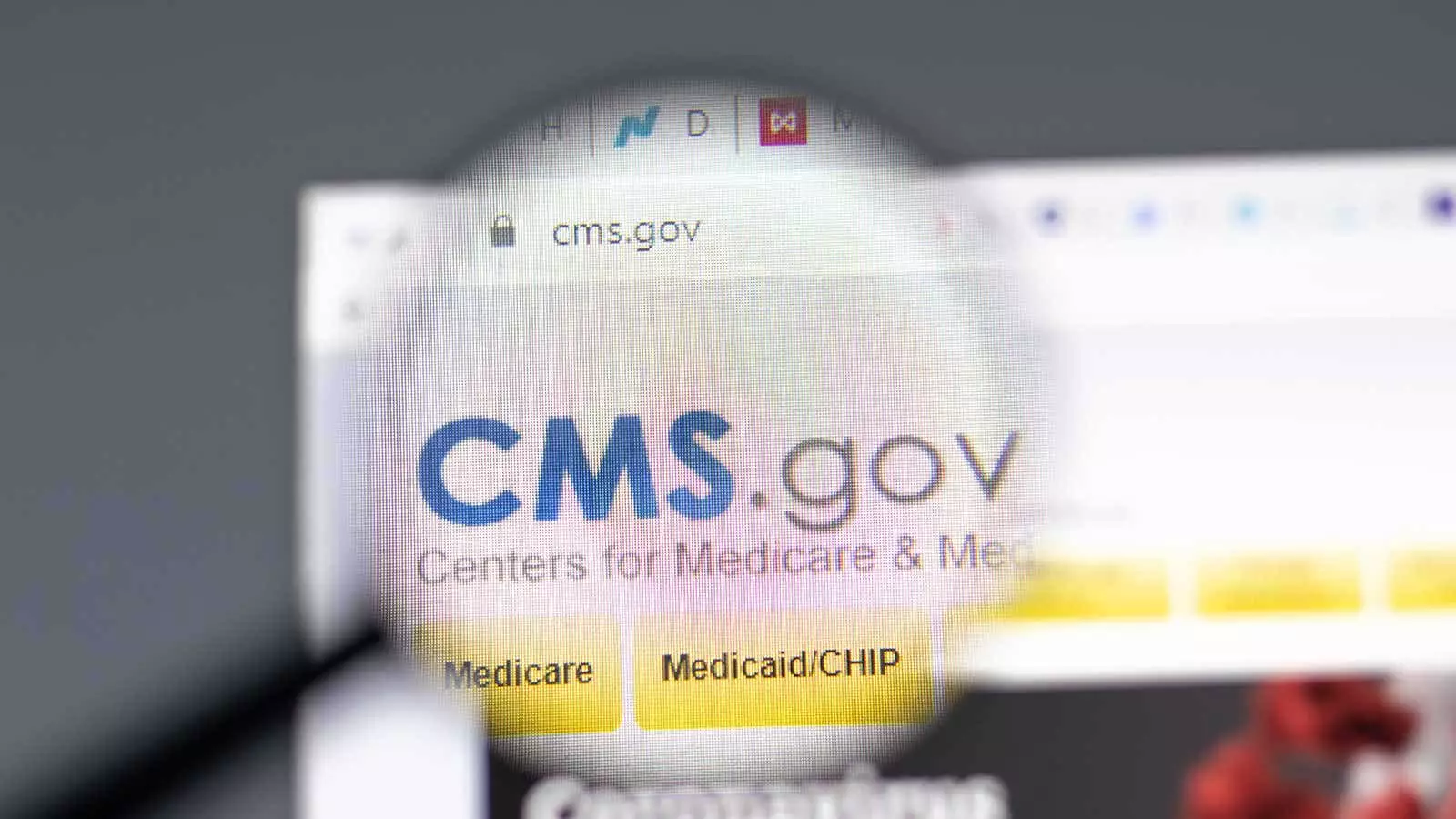The landscape of healthcare coverage in the United States is poised for a significant transformation with the recent proposal by the Centers for Medicare & Medicaid Services (CMS) regarding Medicare Advantage (MA) plans. This initiative aims to improve transparency in prior authorization rules and coverage standards, which have often been criticized for impeding patient access to necessary medical care. The Biden-Harris administration has been strategically working on these reforms over the past three years, recognizing the need to balance cost containment in healthcare with the imperative of patient equity and access.
The prior authorization process, while intended to manage healthcare costs and ensure that procedures are medically necessary, has increasingly drawn scrutiny. Reports from MA plans show that a staggering 80% of denied claims are eventually overturned upon appeal. However, the lower rate of appeals—less than 4%—suggests that many patients remain unaware of their rights or the appeal process itself. This lack of knowledge can lead to unnecessary delays in receiving care, adding stress to patients who are already navigating complex health conditions. Thus, the proposed rule addresses fundamental gaps in patient awareness of their rights and the criteria governing MA decisions.
One of the most vital aspects of the proposed reform is the emphasis on transparency. By requiring MA plans to disclose their prior authorization guidelines and coverage criteria publicly, the CMS is making a concerted effort to demystify a process that often feels opaque to beneficiaries. Dr. Meena Seshamani, the director of the Center for Medicare, articulated that clarity in coverage criteria is crucial not only for healthcare providers but also for patients who deserve to know why certain services may be approved or denied. With this information readily accessible, patients can better navigate their healthcare choices and advocate for their needs.
The initiative also aims to empower seniors and caregivers through enhanced information regarding appeal rights. Many patients may feel disheartened after a claim denial, interpreting it as a definitive barrier rather than an opportunity for recourse. By shedding light on the appeal process, the CMS allows patients to understand that they have options—a crucial component of patient empowerment. This knowledge can encourage more individuals to challenge improper denials and ensures that their voices are heard in the healthcare system.
Additionally, the proposed rule addresses another pressing concern: the inadequacy of provider directories in MA plans. Patients frequently find themselves in frustrating situations where they select a plan only to discover that the providers they need are difficult to access—or simply absent from their chosen network. The CMS’s proposal to integrate complete provider directories into the Medicare Plan Finder is a critical step in enabling beneficiaries to make informed choices. By facilitating better comparisons between plans, seniors can discern which options best align with their needs, thereby promoting a more patient-centric approach to Medicare coverage.
Senator Ron Wyden, chair of the Senate Finance Committee, praised the proposed rule, highlighting its potential to address common issues such as ‘ghost networks’ and the exploitation of vulnerable seniors by unscrupulous brokers. Such bipartisan support manifests the recognition that comprehensive healthcare reform is essential for protecting the interests of Medicare beneficiaries. With the comment period for the proposed rule set to end on January 27, 2025, stakeholders have a window of opportunity to contribute their perspectives on these crucial changes.
As conversations surrounding Medicare Advantage continue to evolve, the proposed reforms by CMS mark a pivotal moment toward enhancing transparency and patient access in the healthcare system. By unlocking information and streamlining processes, these changes promise to empower beneficiaries, ensuring they have the tools necessary to obtain the care they rightfully deserve. An environment that prioritizes accessibility and informed decision-making can lead to a more equitable healthcare system for all individuals navigating the complexities of Medicare.



Leave a Reply